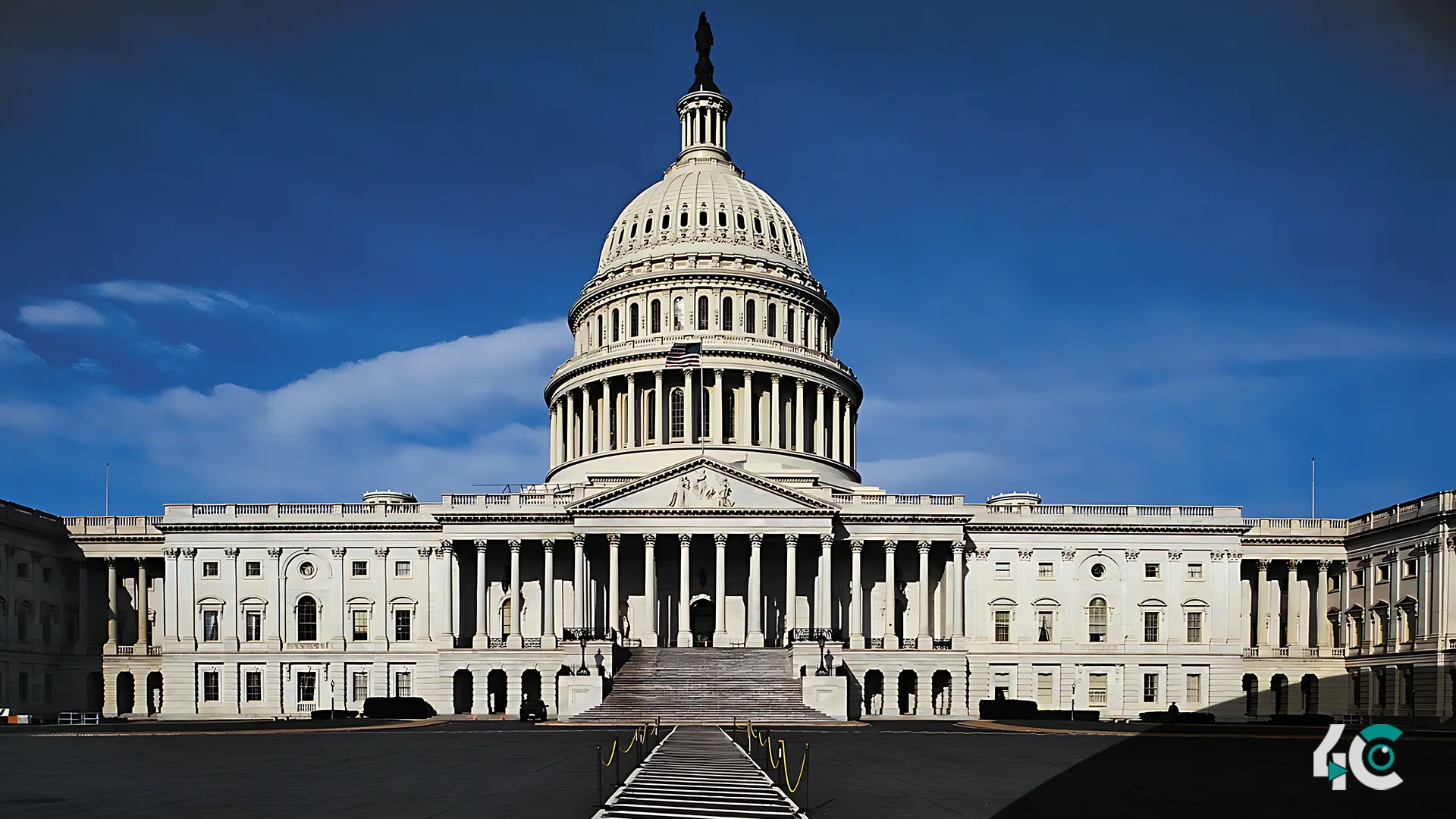Leaders in the crypto sector and legislators are pushing for a reform of US digital asset laws in order to improve transparency and competitiveness on the international scene. The requirement of a thorough legislative framework takes center stage as important people get ready to testify before Congress.
The Digital Assets, Financial Technology, and Artificial Intelligence Subcommittee of the House Financial Services Committee will convene on February 11 under the heading “A Golden Age of Digital Assets: Charting a Path Forward.” Participants in the session will be executives from big companies, such as PayPal and Kraken, and regulatory authorities, as well as PayPal.
Acting CEO of the Crypto Council for Innovation (CCI), Ji Hun Kim, emphasized in written testimony that the U.S. must implement federal-level digital asset regulations to maintain its competitiveness. Nations such as the European Union, the United Kingdom, Japan, and Singapore have already established clear regulatory systems, and the U.S. faces the risk of falling behind.
Critical Demand for Policy Changes
Four main legislative priorities have been suggested by industry supporters to maintain leadership in the realm of digital assets. These include establishing stablecoin rules, passing laws pertaining to passing thorough market structure legislation, enhancing cooperation between the Securities and Exchange Commission (SEC) and the Commodity Futures Trading Commission (CFTC), and supporting decentralized financial developments.
Legal professionals, including Coy Garrison of the Steptoe law firm, have underlined the need for reviewing tight regulations and pushing companies to run in the United States instead of elsewhere. While clarifying SEC jurisdiction, Garrison encouraged Congress to add control for digital asset trading.
Apart from legislative action, Garrison urged regulatory authorities to review their enforcement policies, including lawsuits against big exchanges including Coinbase, Binance, and Kraken. Rather, he advised authorities to create explicit registration routes for digital asset companies, therefore encouraging compliance and innovation by means of clear paths for adherence.
Industry executives are increasingly pressing for open and commercially-friendly crypto rules. The future of digital assets in the United States could be greatly shaped by the forthcoming congressional debates, therefore guaranteeing that the nation stays a major actor in the changing financial scene.






























